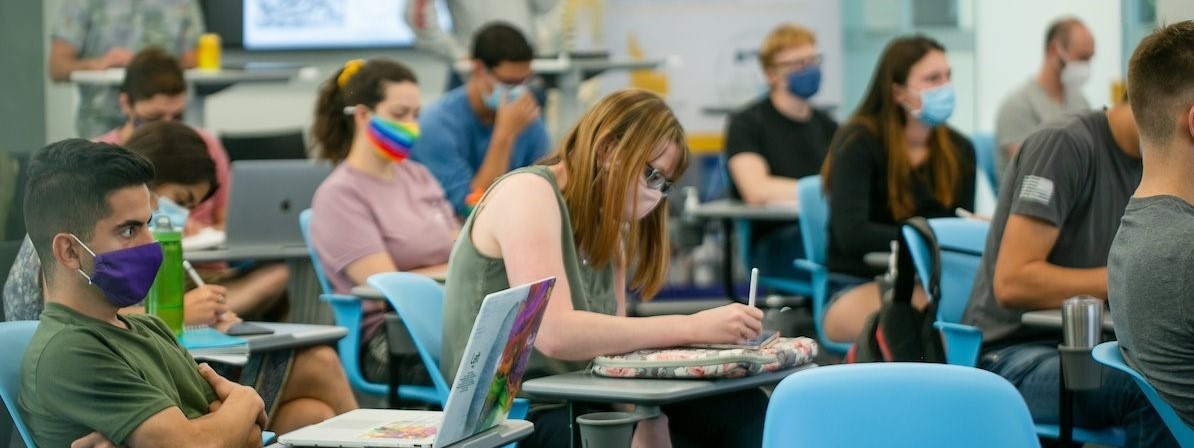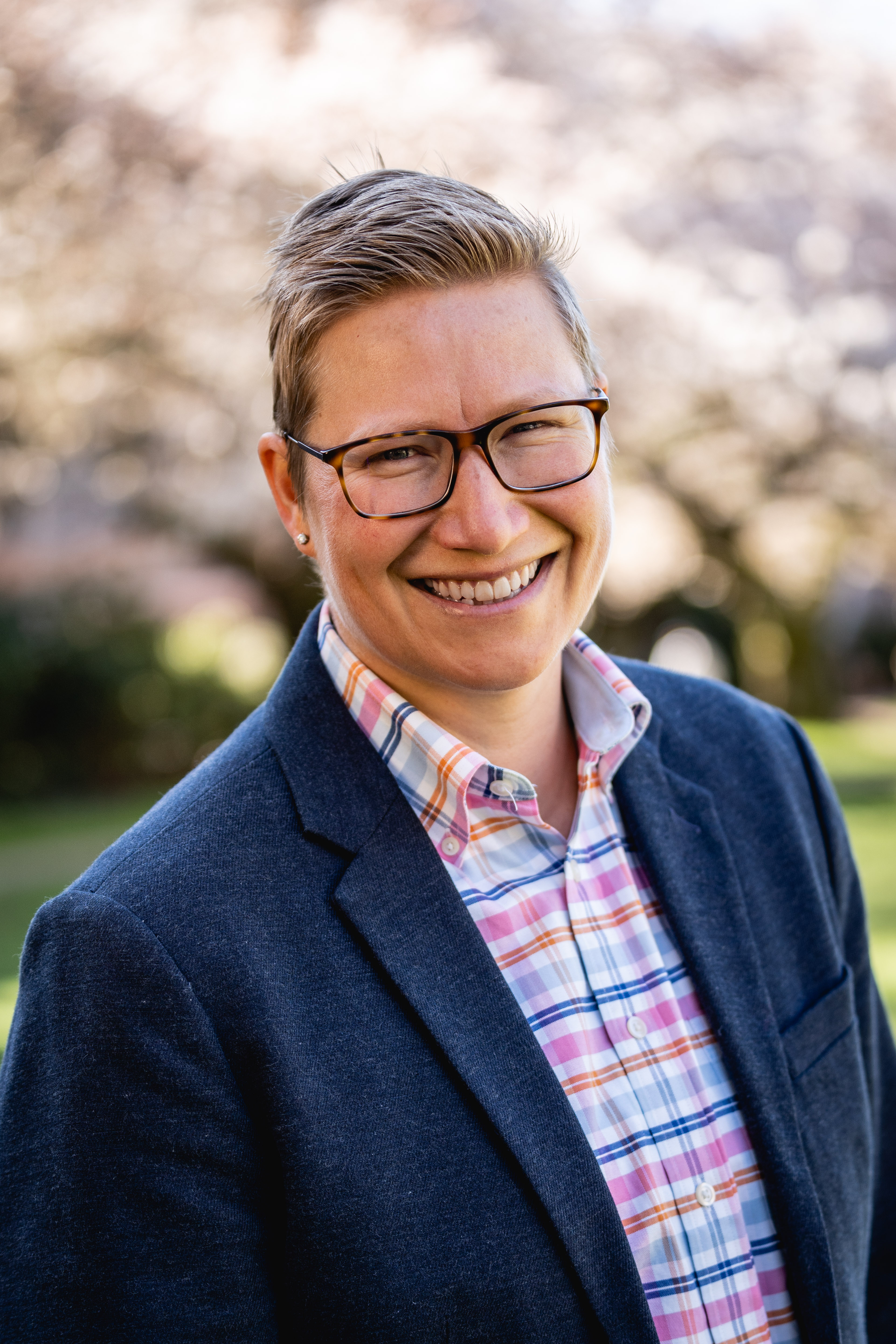Weekly Information for UW Medical Students
|
|
|
|
Thursday, August 26, 2021
|

|
|
|
|
|
COVID-Related Information
|
|
|
|
|
|
Do You Have Concerns About COVID- 19 Symptoms or a Possible Exposure?
If you are experiencing COVID-19 symptoms, or if you have encountered a possible or known exposure, please follow these COVID-19 Exposure/Symptoms/Diagnosis procedures:
|
|
|
|
UW Medicine Town Hall Meeting
Please join us for the next UW Medicine Town Hall on Friday, September 3, at 3 PM PDT.
|
|
|
|
|
Information for All Students
|
|
|
|
|
|
Vaccines and Clinical Training
The University of Washington requires all faculty, staff and students to be vaccinated and attest to their vaccination status. You can find the attestation form HERE.
An increasing number of clinical training sites throughout WWAMI are also requiring verification that students are fully vaccinated (two weeks or more since last vaccine dose) before students can begin seeing patients – either for clinical rotations or for the Primary Care Practicum (PCP)/College mornings. If you are not vaccinated, you may not be able to participate in your clerkship or PCP/College mornings depending on the requirements of the clinical training site. If you are not vaccinated and are concerned about your clinical training opportunities, please contact Dr. Tolbert ( adminsa@uw.edu). We strongly encourage you to get vaccinated.
Please note: due to increasing Delta variant cases, changes may be happening in hospitals and clinics, such as cancellation of all elective procedures. If you have any concerns about changes happening during your rotations, please reach out to your clerkship director.
|
|
|
Masking on the UW Seattle Campus
The University of Washington now requires masks indoors for all individuals, regardless of vaccination status.
|
|
|
|
|
|
Continued Challenges Locally, Nationally, and Globally
A Message from Dr. Anne Browning, Assistant Dean for Well-Being, UW School of Medicine
|
|
|
|
I usually avoid watching too much news as a way of attending to my own well-being, but the past week was tough. The news was filled with images of Haiti navigating the aftermath of earthquakes and storms; of Afghanistan coping with continued chaos and violence; and U.S. healthcare settings grappling with the Delta variant outbreak.
These images are coming at us during a time many of us were planning for other, more hopeful transitions. A return to in-person instruction for kids; to the workplace for many people who have been working remotely; to socializing in three dimensions – in essence a transition back to something that felt more like the ‘normal’ rhythms of life. Instead, we face more uncertainty and challenges ahead.
For everyone grappling with the unfolding challenges in our world, the ongoing chronic stress, and the continued uncertainty we face, please consider taking advantage of the mental health resources listed here. These resources exist to help us take better care of ourselves and each other.
|

|
|
|
|
|
|
Learning Environment Corner
In June 2021, the entire UWSOM Academic, Rural, and Regional Affairs department participated in part one of a three-part Equity, Diversity, and Inclusion training taught by Drs. Paula Houston and Edwin Lindo. Part one of the training, “History of Race, Racism and Medicine: Social identities, Privilege and Intersection,” covered recognizing race as a social construct, understanding the ways in which medicine and science have been used to create and further racism, and understanding the history of the creation of racial categories and hierarchy by physicians, as well as how that framework is still used in modern medicine. In addition, participants focused on intersectionality relative to race/ethnicity and articulating their own social identities. Parts two and three of the training will take place in September and December, respectively, and will cover interrupting implicit bias and microaggressions, including personal, interpersonal, and institutional biases; gender and sexual diversity, with the goal of helping participants recognize that the category of LGBTQ is a grouping of distinct constituencies that mostly share status due to the nature of the stigma that isolates them; and social determinants of health and health disparities.
|
|
|
|
|
|
|
|
- Mandatory UW Zoom Update
- UWSOM Financial Aid Update
- Admissions Ambassadors Program
|
|
|
|
Updates for each class:
|
|
|
|
|